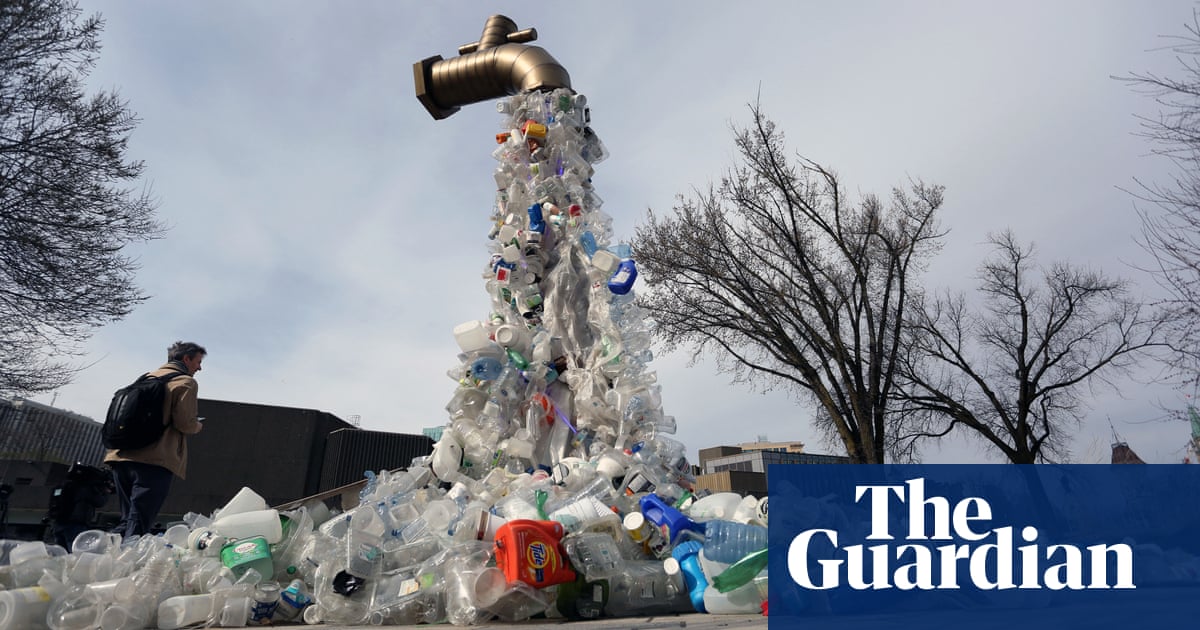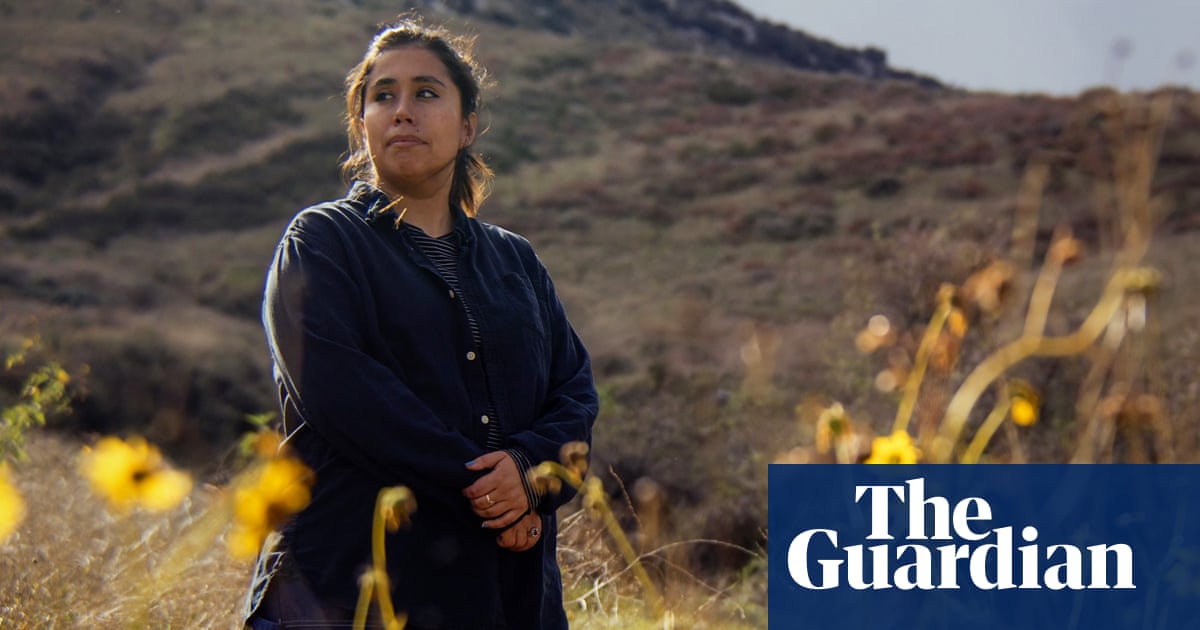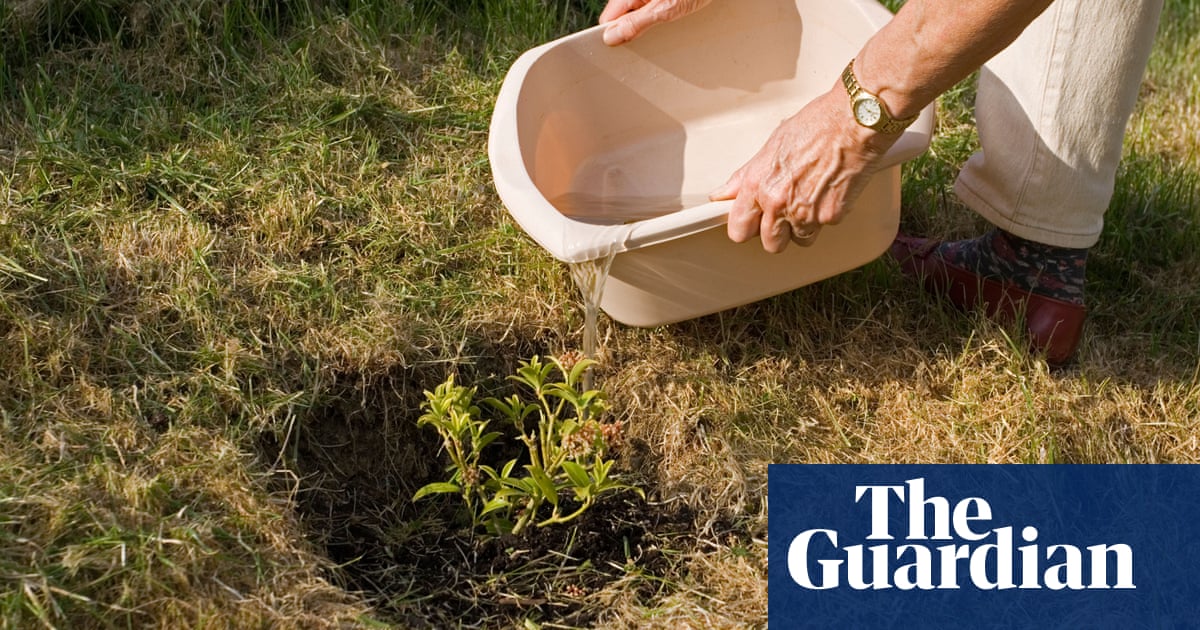Fears grow over rising number of oil lobbyists at UN plastic pollution talks | Plastics


The number of fossil fuel and petrochemical industry lobbyists at UN talks to agree the first global treaty to cut plastic pollution has increased by more than a third, according to an analysis.
Most plastic is made from fossil fuels, via a chemical process known as cracking, and 196 lobbyists from both industries are at the UN talks in Ottawa, Canada, where countries are attempting to come to an agreement to curb plastic production as part of a treaty to cut global plastic waste, according to analysis by the Center for International Environmental Law (Ciel).
The 196 lobbyists registered for the talks represent a 37% increase from the 143 lobbyists registered at the last talks in Nairobi. This in turn was a 36% increase on the previous year’s number. Increased plastic production is a major part of the fossil fuel industry’s plans for the future, and any attempts to curb production, such as the ones being discussed at the UN talks, are an obvious threat to their profits.
According to Carbon Tracker, BP expects plastics to represent 95% of net growth in oil demand from 2020 to 2040, and the International Energy Agency estimates plastic demand will make up 45% of growth for oil and gas mining to 2040.
Fossil fuel and chemical industry lobbyists are also gaining greater access to sessions with member states to push their agenda, according to Ciel.
They outnumber the delegates from the European Union, and there are three times more fossil fuel and chemical industry lobbyists than independent scientists from the Scientists’ Coalition for an Effective Plastic Treaty.
“The outcome of these talks is of critical importance to countries and communities around the world, and it is vital to expose and confront the role of corporations whose agendas are fundamentally in conflict with the global public interest. Access to the negotiations is just one piece of the puzzle,” said Delphine Lévi Alvarès, global petrochemicals campaign coordinator at Ciel.
“Some may argue that everyone enjoys equal access, but that is simply not true. Lobbyists are appearing on country delegations and are gaining privileged access to member-state-only sessions, where sensitive discussions unfold behind closed doors,” Lévi Alvarès said. “Beyond the troubling number of lobbyists present at the negotiation talks, behind-the-scenes industry lobbying activities and events take place around the world in the months leading up to negotiations.”
The communities most affected by plastic pollution, including Pacific small island states, are at the talks in far fewer numbers and do not have the same access to meetings with member states, Ciel said.
Tori Cress, communications manager at the environmental group Keepers of the Water, which is part of the Indigenous Peoples’ Caucus at the talks, said: “Industry lobbyists are enjoying seats on state delegations while the communities most impacted by the plastic crisis struggle to have their voices heard.
“While we are surrounded by industry-sponsored pro-plastics ads, Indigenous peoples’ representatives experience lack of access, are given extremely limited time to speak, and lack recognition even at the First Nations table. Plastics have poisoned our water and what happens to the water happens to people.”
Discussions at the UN treaty talks in Ottawa are attempting to break a deadlock which has emerged between fossil fuel nations and others pushing for an ambitious treaty to deal with the whole lifecycle of plastic.
But Luis Vayas Valdivieso, the Ecuadorian ambassador to the UK and the chair of the UN intergovernmental negotiations for a legally binding instrument on plastic pollution, said he was confident that negotiations would continue to bring about a global treaty for signing next year.
Graham Forbes, Greenpeace’s head of delegation at the talks, said: “The influence and growing presence of fossil fuel and petrochemical industries are not what the people want, nor what the climate needs. The fossil fuel lobby is holding us back from negotiating a treaty that will end the plastics crisis. The UN member states must step up and deliver a global plastics treaty that will cut plastic production and end single-use plastic.”
Source link




